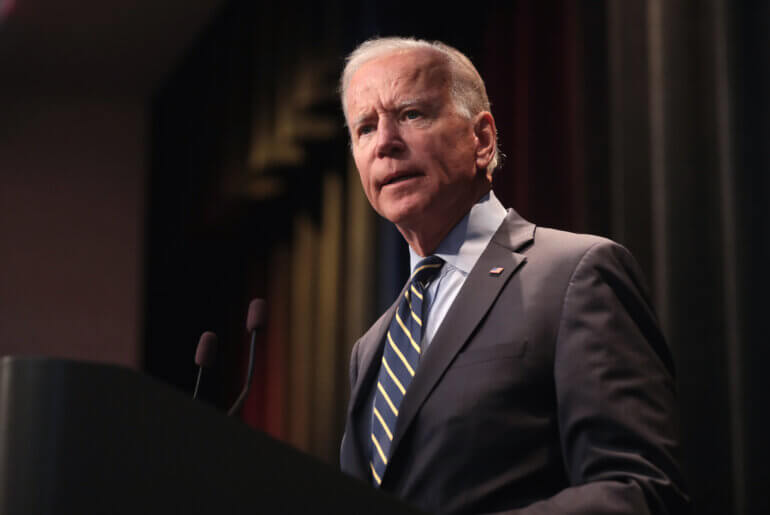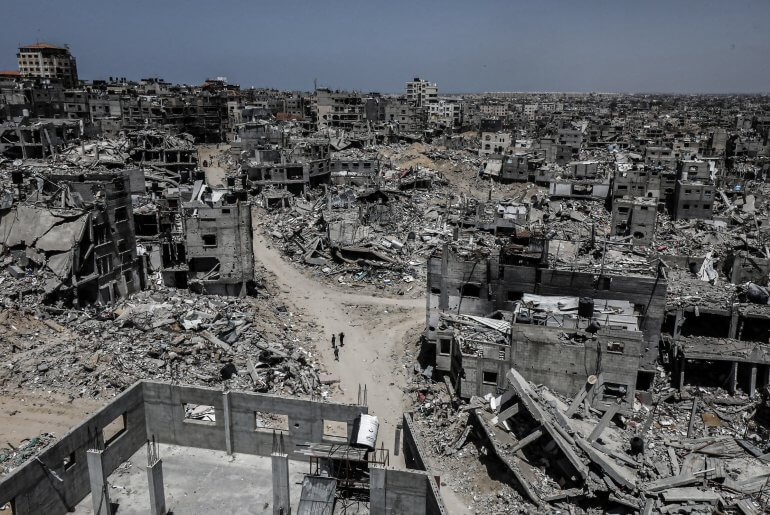This is a celebration– and it’s in our podcast this week. A few months back, Susan Abulhawa published “Against the Loveless World”, an epic novel about the travels of a Palestinian refugee who ends up in an Israeli prison. The book deserves wide attention because it is a Palestinian’s story told completely outside the American perspective, and outside the western frame of judgments on Palestine. Abulhawa’s narrator does not check her attitudes toward Zionism or Israel with any of the censors that operate on so many of us, whether at editors’ desks or in our own heads.
“Against the Loveless World” also deserves attention because it is a wonderful and well-told tale about an adventurer living on the margins of respectability in Kuwait, then Amman, then the West Bank. Nahr, the hero, is by turns a good wife, a sex worker, a victim of assault, a thief, a trespasser, a saboteur, and so on. And all the time she is cracking wise and giving us the gossip.
Or as Nahr’s grandmother declares from Jordan after the Oslo agreement: “I’m not going to ask those sons of bitches for permission to go home. I have underwear older than the Zionist entity.”
The larger spiritual message of the story is that only someone so outside the norms as Nahr can tell us how society works. “No therapist or clergy can substitute for the confidence of a whore, because whores have no voice in the world, no avenue to daylight, and that makes us the most reliable custodians of secrets and truth,” she says.
I interviewed Abulhawa last week, and our discussion moved from the imagined life of her novel… to her growing reputation (Abulhawa has been building an audience for poetry and novels going back to “Mornings in Jenin” (2010))…. to her American identity (outsider)… to her famous pan of Colum McCann’s novel “Apeirogon” in AlJazeera… to her expectations of Joe Biden (low).
The heart of our discussion though was about the changing discourse of Palestine in the United States, and the ways in which the reception of “Against the Loveless World” demonstrates a greater openness to Palestinian voices. This was also an area of disagreement, as I believe that Jewish permission plays a role in cultural inclusion and the generational Jewish shift we are seeing has been a factor in the openness to Palestinian voices. Abulhawa said that shift wouldn’t be taking place but for long Palestinian resistance.
Here are some excerpts of what Abulhawa had to say. On the non-western frame of the story:
This is not a Palestinian story that doesn’t put a hammer on Israel’s head or something. That’s just not in my nature to do that. My exile and the destruction of my family and the destruction of everything, of our whole world, has defined my whole life in so many ways and in very personal ways.
You know me well enough to know that I don’t ever feel that I need to tread softly and I don’t feel that I need to account for the sensitivities of the people who did that to me. It’s really important to me for Palestinian characters and literature to speak their truth. Without apology. Understanding that yes, they are going to be judged. I’m sure a lot of readers will judge the characters in this book…. It’s fine. It’s not my job to judge them. It’s my job to tell the story.
On the changing discourse:
Maybe something is changing, you know. People are starting to want to read us, to want a perspective that is native to us rather than having people tell our story who are not Palestinian, which has been the case forever, until the last 10 years or so. Everything in the west that enjoys the sunshine that’s written on Palestine has not been written by us. It’s just a lot of people who presume to speak for us and about us, and they are the ones who get the sunshine and the recognition and the book reviews and the awards and whatnot…
But just getting this Aspen Words longlist [award nomination]– things are shifting a little bit. Because this book, it can’t be your token Palestinian voice.
On her own identity, and her feelings of longing for Palestine.
I am Palestinian. I live in the United States. I consider myself a part of this society as well. I consider myself American. But I am Palestinian first and foremost. I wasn’t born here. As a child I was in Kuwait and then I was in Jerusalem. My formative years were spent in that part of the world and I think I never left here. I came here at the age of 13 so I was young enough that I have integrated into this society. But there have been a lot of moments in my life in the United States that remind me that I don’t belong here… Part of that is my own nature. I’m pretty introverted. I have a small circle of friends that I let into my life. But I have always had this longing to go back. And that’s not abstract for me. It’s very real and very personal.
On being banned from visiting Palestine by Israel in 2018:
I don’t know why they banned me. I’ve never known. I guess they don’t have to tell you when they have all the guns. But I’m not allowed. They turned me back at the border twice. The last time they threw me in that little airport cell and held me.
On Joe Biden:
I’m not a supporter of Biden. That doesn’t mean I’m a Trump supporter either… Look, I’m with everybody else that Trump is horrendous, but the idea that Biden is the savior or that he’s really truly so much better than Trump is a very privileged perspective honestly. Because my feeling is that the big difference between Trump and his predecessors is not just that he’s so overtly racist and more explicit in his misogyny and his ableism and racism. All of those things are true– but I think the biggest difference is that Donald Trump has turned the ethos of empire inward, and his outlook has been crushing the people within this country in many ways. Whereas his predecessors, perhaps with better temperaments, with greater eloquence, better looking… have still been just as racist, just as misogynistic, just as awful. But they turned those ethos outward against the defenseless world in a multitude of imperial wars that have crushed other nations a thousand fold more than what Donald Trump has done in this country.
On the crucial, or non-crucial, role of Jews in changing the reception of Palestinian voices in the U.S.
To me, none of that would have changed had it not been for the sustained sacrifices that have never let up, by Palestinians. If we had just disappeared into the night, we wouldn’t be having this conversation. It has been the death and struggle of millions of Palestinians over almost 100 years, for liberation. And you have to recognize everything that flows from that, whether it’s the evolution of Jewish morality when it comes to this question– that’s not propelled by something internal, it’s propelled by a Palestinian struggle and comes from a Palestinian fight that maybe awakens something in people who don’t know and who are then forced to confront what they don’t know and forced to confront their roles and their contribution to this oppression. We all have a role in each others’ liberation and I’m of the mind that all boats rise together.



It seems to me the generational Jewish shift and the Palestinian resistance are both essential today. There were Jews for justice before the Zionist invasion of 1948 (e.g. Edwin Montague), but those Jewish voices would probably be silent today, and the Jewish generational shift would not be happening if there were no Palestinian resistence. The Palestinians are resisting injustice for us all.
I agree with Susan Abulhawa that ‘the evolution of Jewish morality’ is a byproduct of ‘the death and struggles of millions of Palestinians’. Great interview.
Many thanks for the great article, Weiss. Do more of this!
But:
“I believe that Jewish permission plays a role in cultural inclusion and the generational Jewish shift we are seeing has been a factor in the openness to Palestinian voices…”
Care to provide tangible proof, beside your (charitably said) Judeocentric optics?
I mean, where is any sign that that “generational Jewish shift we are seeing” has done anything but shifting some minute minority’s stand from Likudoid to Liberaloid — with unchanging focus on a right of the invaders to squat in Palestine in some form?
Abdulhawa writes, “We all have a role to play in each other’s liberation and I’m of the mindset that all boats rise together”. I haven’t seen people gain understanding through confrontation. Coercion generally reinforces, not liberates minds. Franklin opined, “A mind changed against its will is of the same opinion still.” Palestinian freedom will come as minds are liberated, as public opinion evolves. Politics is a game. A party will win or lose according to how they play.